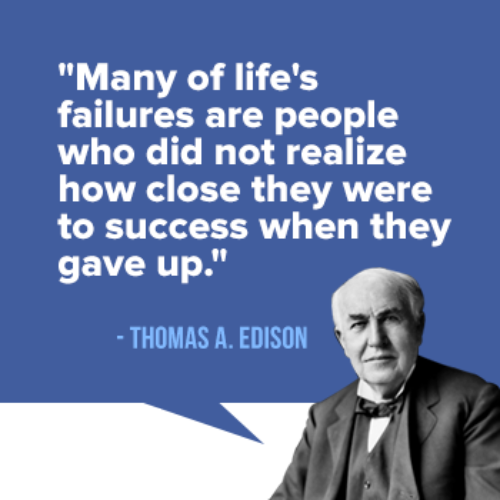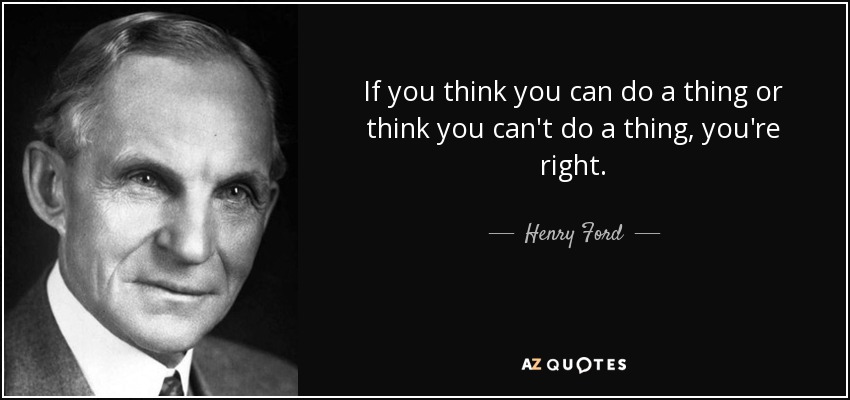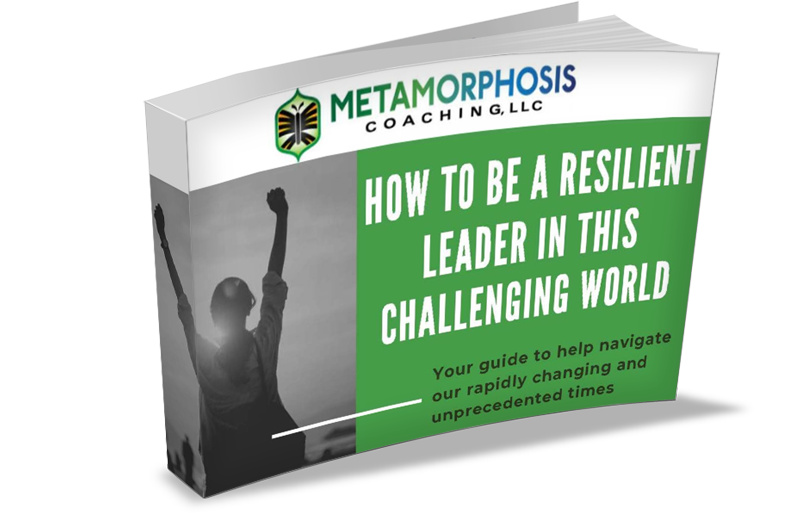Your Jekyll and Hyde Brains

Your Jekyll and Hyde Brains
by Doni Landefeld, Ph.D.
Advanced Certified Personal and Executive Coach
Certified Positive Intelligence Coach
EQ-i 2.0 and EQ360 Certified
September 2022
If you watched the 1994 movie, Shawshank Redemption, you may remember the one character Brooks, who goes to extreme measures from long-term institutionalization that has instilled qualities of learned helplessness and learned hopelessness. Another character in the movie – Red, played by actor Morgan Freeman, displays similar behavior when he gives up on his chances of getting parole. Positive psychology jargon aside and so as not to be a spoiler alert if you haven’t seen this amazing film, allow me to cut to the chase.
We all have instances when we get triggered or allow our survivor brain to overtake the thrive, aka sage part of our brain. Our brains are akin to a case of Jekyll and Hyde; two very distinct and different renderings that appropriately, have self-fulfilling outcomes. The survival region of our brain is necessary for imminent physical dangers. It keeps us from walking into a street when traffic is crazy, but doesn’t serve us when an employee consistently fails to execute a task and we respond with judgmental accusations or interrogation. Our brains have not evolved rapidly enough to distinguish physical vs. psychological threats, yet more of our dangers now are of the latter type.
Unfortunately, our survivor brain keeps us and our ego safe and comfortable. We “learn” to accept and fall victim to doing what is easy or familiar because a goal can seem too far from reach. The more the ‘easy’ behavior is chosen, the more Mr. Hyde appears, alluring behavior is reinforced, and the response becomes entrenched through neural pathways in our brain. As a result, the negatively motivated survival brain wins and so, goals are not achieved, potential is not achieved and helpless or hopeless feelings can become consuming.

Next, we have the thrive part of the brain where your sage power and Dr. Jekyll reside.
The gap between vision and steps to achieving it may be far apart, even daunting. Add to it how the initial appeal can wear off when progress seems minimal or setbacks further reinforce the negativity that resides in the survival part of our brain.
Although the character Brooks succumbs to the helpless and hopeless allure of his survival brain, Red’s outcome is much different when he reframes to take a different approach. And if you watched the film you may believe otherwise, so I challenge you to consider how Red liberated himself from pressure. Herein lies the power of the thrive portion of our brain; we can still win when we learn and regroup. And the outcome can be much more desirable. Intentionality, awareness, and consistent practice are critical in building up the neural pathways that will weaken your survival brain and build up the thrive part of your brain where sage wisdom and many more productive behaviors and characteristics reside. How?
Here are a few simple strategies that have worked for those who have accomplished great things and experienced more Dr. Jekyll moments:
1. Practice consistent gratitude. Appreciation is like a muscle and grows with use. If we want to appreciate more and invite more appreciation (and joy) into our lives, it’s necessary to practice appreciation by showing gratitude. Done consistently (daily!), this is a fun activity you may do with team members, direct reports, and your kids, and when done frequently for a period of weeks, I am extremely confident you will experience more positive moments and facilitate more successful outcomes and results.
2. Meditate or do some PQ reps (latter for those who have or will be going through the Positive Intelligence program) to zone in not out and become mindful of your being. Being drives doing and as Deepak Chopra likes to say – we are human beings. Slowing down to be intentional, fall back in love with that which is ordinary, and connecting with how your internal being drives your external doing will positively impact you and others.
2. Reward yourself for effort not outcome. Similar to practicing appreciation is the kind and empathetic regard for yourself to focus on the courage you took, no matter how much or how little, to engage in behavior to move the needle. When you celebrate the effort, you will be more likely to act boldly again in the future because you are reinforcing the rationale for the behavior. Additionally, when you celebrate effort, rinse and repeat, you will more likely have a desirable outcome to also celebrate.
When we focus on quick fixes or strive for instant gratification, there is a tendency to “die before going into battle.” And this is the reason that many leaders and people in general never achieve their greatest potential and dreams.

There are of course more strategies and exercises we may explore to weaken the survival part of your brain and reinforce the thrive part of your brain. If you’d like to do more than just survive, let’s connect to purge Mr. Hyde and reinforce Dr. Jekyll in your sage aka thrive brain. Click the button below to schedule your complimentary strategy session.
Special Report:
How to be a Resilient Leader in this Challenging World. PLUS More Free Resources!

Sign up below and get your FREE "How to Be a Resilient Leader in This Challenging World" Report today!

